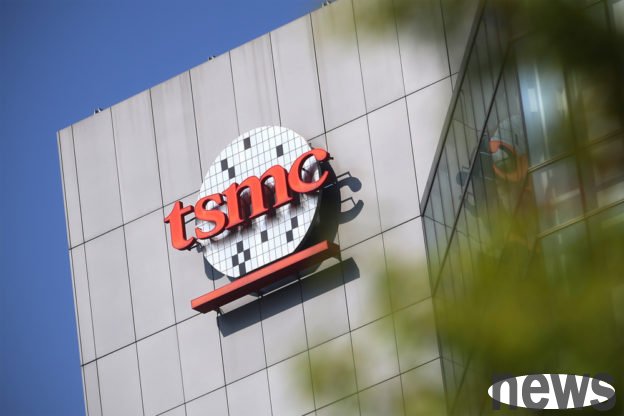At this year’s SEMI WEST exhibition, TSMC, which did not participate in the exhibition, still attracted much attention. As a leading wafer foundry, how to overcome cultural differences, cooperate with local universities to cultivate talents, and int...

At this year’s SEMI WEST exhibition, TSMC, which did not participate in the exhibition, still attracted much attention. As a leading wafer foundry, how to overcome cultural differences, cooperate with local universities to cultivate talents, and integrate employees into the team are all valuable experiences worth learning from Taiwanese factories in the United States.
"Blackwell, the most famous chip in the world, is now manufactured in the United States at TSMC, the most advanced wafer fab. We will place orders for not just thousands, but millions of pieces." On October 17, US time, NVIDIA (NVIDIA) CEO Jen-Hsun Huang appeared at the TSMC Arizona plant in the suburbs of Phoenix to celebrate the birth of the first wafer produced in the United States to manufacture Blackwell, the AI chip.
This is an important milestone for the US foundry industry and TSMC, which announced in 2020 that it will set up a factory in the US. TSMC's advanced manufacturing process has successfully entered the mass production stage, which further proves that Taiwanese manufacturers have the ability to replicate past successful experiences in the United States.
The foundation for our current success stems from TSMC’s continuous efforts to integrate talents from all over the world. "Our team consists of members from the United States, Taiwan and all over the world. When they collaborate and share ideas with each other, it can greatly enhance our overall operations and innovation capabilities." Rose Castanares, general manager of TSMC Arizona, told TODAY.
Incorporate anonymous opinions and pay attention to Taiwan and the United States festivalsSEMI Global Marketing Chief and President of Taiwan, Shi-Lun Tsao, also affirmed TSMC’s determination to form a multinational team. “The decision made five years ago was a correct but brave move.” What he said was correct was that TSMC had to make a global layout based on customer needs. Being brave means setting aside the cultural practices that are taken for granted in Taiwan, using an open attitude to absorb cultural differences in the United States, and exploring a new model that can operate effectively.
For example, in order to establish a "One Team" (one team, working together) corporate culture in Arizona, TSMC not only regularly allows senior executives and department managers to participate in training and practical application courses to better integrate into the local management culture, but also provides employees with the opportunity to regularly provide opinions to their supervisors through anonymous questionnaires.
In normal times, TSMC also emphasizes and celebrates holidays in Taiwan and the United States, allowing employees to understand each other's cultural backgrounds and establish a deep team understanding.
"This pair (TSMC and the United States) are both new attempts for each other." Shilun Cao analyzed that the construction of TSMC's team has gone from initially looking for talents who are "willing to do semiconductors, willing to invest in manufacturing, and willing to choose jobs other than Intel" to now attracting more members who recognize TSMC's culture. This is exactly the learning process of TSMC's development in the United States.
Talents from Taiwan and the United States have significant differences in their understanding of "career" due to their education and cultural background.
Michael Crow, president of Arizona State University (ASU), once analyzed at the "Leadership Forum" organized by the Asia-Pacific Resilience Research Foundation that American students attach great importance to "why". When choosing a job, they do not only think about "can I do it well?" but also care about "why I do it." He therefore emphasized that if TSMC wants to attract more talented people to join in the United States, it must "explain what problems it solves by manufacturing chips and establish a connection with the recruitment targets."
These are exactly the tasks that TSMC is actively performing in the United States. Currently, TSMC is actively developing cooperative relationships with educational institutions in Arizona and across the United States, covering four-year universities, community colleges and technical and vocational education programs. The purpose is to let more people know about the semiconductor industry and increase the opportunities for potential candidates to join the semiconductor industry and TSMC.
"Talent is critical to us. There are many excellent engineering departments at universities and colleges in the United States, and we are actively building partnerships with some of these schools. Last summer, we welcomed about 200 engineering interns from nearly 60 different schools. I very much look forward to them joining us again as full-time employees after graduation." Castanares said.